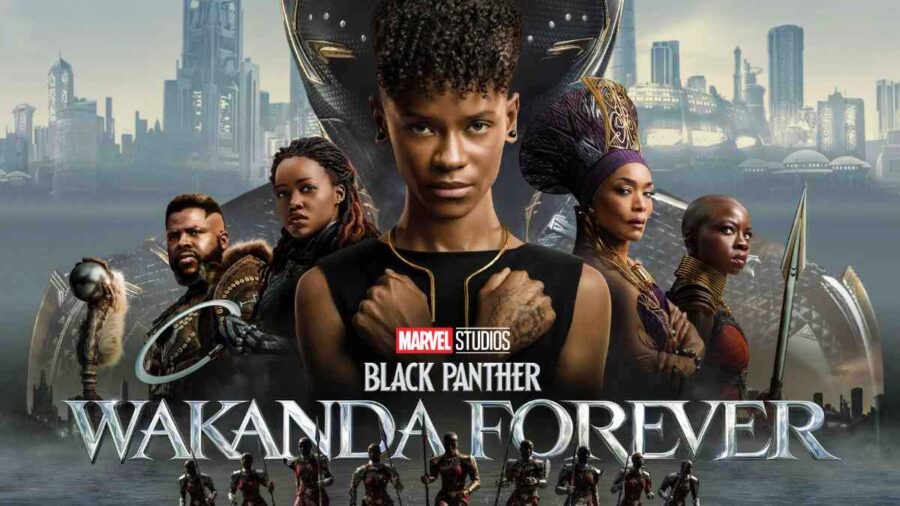Black Panther: Wakanda Forever Is Being Banned
Black Panther: Wakanda Forever is just the latest superhero film the Chinese government has banned from its movie theaters.
This article is more than 2 years old
Black Panther: Wakanda Forever is expected to be a huge hit for Marvel Studios, but it won’t be as lucrative as Disney had hoped, because China has so far refused to allow the film to open there, according to The Hollywood Reporter. It is just the latest attempt by the Chinese communist government to limit the influence of western films, especially those that preach values of freedom or defiance against authority. The move has prevented many studios from showing their films on the tens of thousands of Chinese theater screens, the second-largest theatrical market in the world.
While China never institutes an outright ban on a film, it will refuse to grant it a release date, a shadowban of sorts. While many studios have “backchannel” discussions with Chinese movie regulators to discuss reasons for a ban, it is not known exactly what China found offensive about Black Panther: Wakanda Forever to prevent it from screening there.
One reason may be tied to the reason Thor: Love and Thunder and Pixar’s Lightyear were supposedly banned: the depiction of gay characters, which are not condoned by the Chinese government. In Black Panther: Wakanda Forever, the Wakandan warrior Aneka (Michaela Coel) and the Dora bodyguard Ayo (Florence Kasumba) are shown to be gay. Regardless of the reason, Disney has instituted a policy of not editing films to get Chinese approval.
Releasing films in China once meant tens of millions in revenue for American studios, but that has changed in recent years, and not just because of the COVID shutdowns. Regulators in Beijing have long sought more influence over western media, just as Chinese companies make huge investments in America’s entertainment industry.

Marvel movies were once huge in China – Avengers: Endgame earned $629 million when it opened there in 2019 and the first Black Panther earned $105 million – but in recent years, government regulators have tightened restrictions, as American superhero films become increasingly popular among the country’s moviegoers, surpassing their own domestic releases. Starting with 2020’s Black Widow, which featured the heroes fighting Russian communists, China has allowed no Marvel films to open there.
Marvel Studios isn’t the only studio with issues in China; DC films have had issues opening there as well. While The Batman with Robert Pattinson did open there earlier this year, Black Adam has not been given a release date, basically a ban. While no reason was given, it is believed it is due to star Pierce Brosnan’s support of the Dalai Lama; he once tweeted a 20-year-old picture of his family with the religious figure, who China considers subversive.
Considering Black Adam hasn’t exactly been a Marvel-sized hit, the film could have benefitted from opening in China. Dwayne Johnson movies do well there: Skyscraper made $98 million in China, while Hobbs & Shaw sold $201 million in tickets.
Some studios do bow to Chinese pressure, and censor their films to gain approval to screen there. Earlier this year, Universal changed the ending to Minions: The Rise of Gru to show the government arresting Gru and putting him in prison. That seems to be the rare exception, however.










